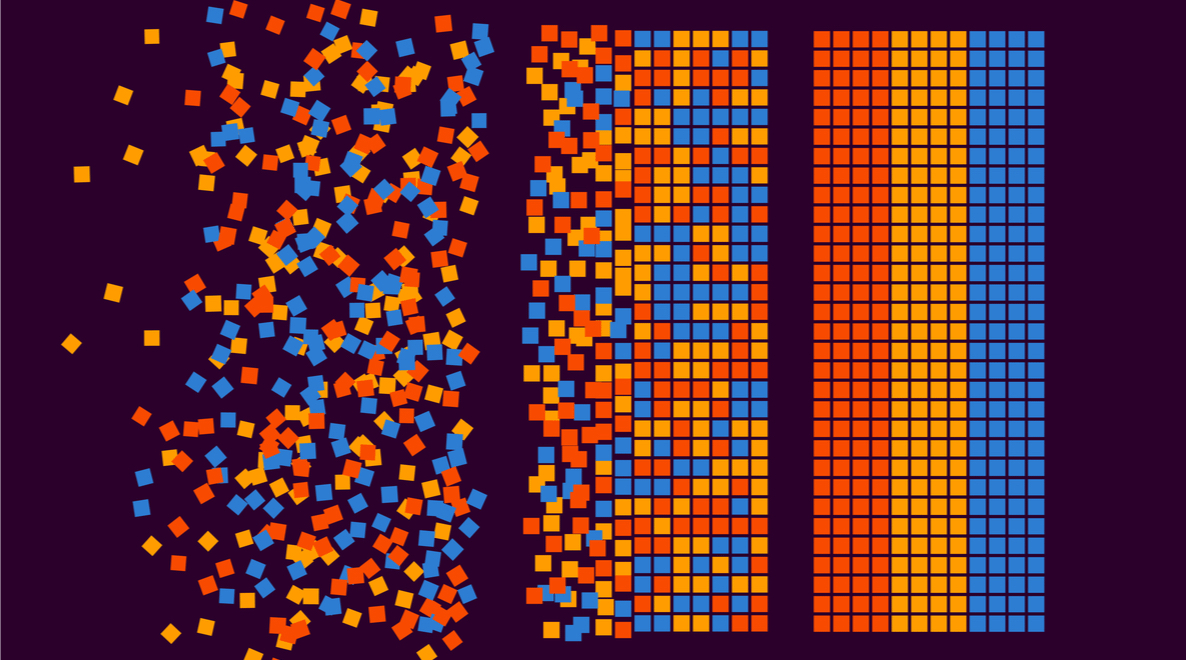No matter where you are in your academic career, there is a certificate or degree program that can take your software engineering to the next level.
If you’re about to graduate from high school or you’re ready to go back to school, our ranking for the Best Online Bachelor’s in Software Engineering Degrees can help you find the right program. If you’re looking for a graduate degree, our Best Online Master’s in Software Engineering Degrees ranking is the perfect place to start.
The names and details of these programs will vary at each academic institution. But to give you a general overview, here’s what you can expect to find in the field of software engineering.
Certificates
Certificates are the easiest and quickest credentials to earn. They typically require between nine and 15 credit hours.
Because they tend to be so short compared to degree programs, certificate programs will often focus on one specific aspect of software engineering. Common topics for certificates are:
- Network and System Administration
- Database Management
- Enterprise Systems
- Computer Programming Languages
- Information Technology for Business
- Mobile Applications and Web Development
Associate’s Degrees
Most students take two years to earn an associate’s degree. However, it might take longer if you’re not taking a full load of courses (usually four or five per term).
On the other hand, if you take more than the typical course load, or if you take an extra term over the summer, you might be able to earn an associate’s degree in 18 months or even less.
At this level, the most common degree is an Associate of Science in Software Engineering, in Computer Engineering, or in Computer Science. While these are three distinct fields, there’s a significant overlap between them. If you plan to continue to a bachelor’s degree, you can take a two-year program in any of these areas and easily move into a four-year program in Software Engineering.
Bachelor’s Degrees
Degree tracks at the bachelor’s level commonly include a Bachelor of Science in Software Engineering, in Software Development, or in Software Analysis. Some schools may offer a Bachelor of Science in Computer Science or Bachelor of Computer Science with an emphasis in Software Engineering.
While the title of the program might vary, it’s the coursework that’s most important. Be sure to look at the requirements for the undergraduate programs that interest you. See how many credits you’ll be taking in general education and how many will relate to your professional goals.
At some schools, you won’t start taking software engineering classes until your junior year. At others, you may be in major-specific courses starting from your very first semester.
Master’s Degrees
Like bachelor’s degrees, master’s degrees are most often granted in Software Engineering or Software Development. Depending on your area of interest, you may also consider a Master of Computer Engineering.
Many master’s degree programs require a thesis or research project. Be sure to find a program that allows you to engage with your specific professional interests. (We cover potential specializations in software engineering in another FAQ post: “What Are the Specializations Within Software Engineering?”)
Doctoral Degrees
Doctoral degree programs in software engineering are less common than bachelor’s or master’s degree programs. Keep in mind that Ph.D. programs are most often designed for researchers with an academic focus. If you plan to continue as a practicing professional in the software engineering industry, you may want to consider a Doctor of Engineering with a major in Software Engineering rather than a Ph.D.












